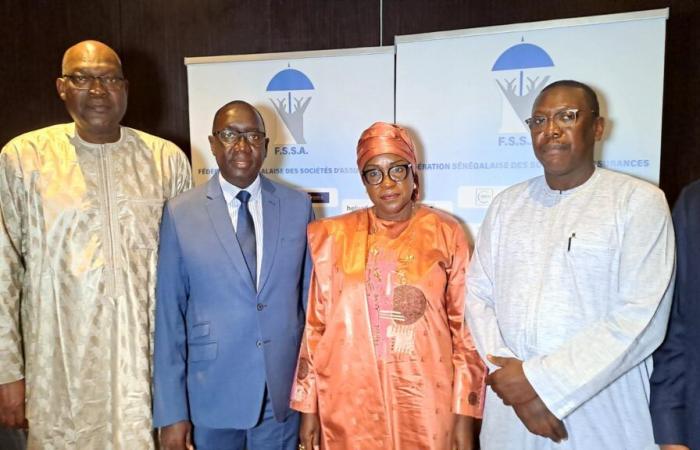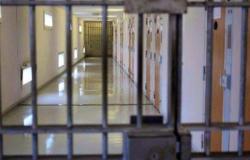
In recent years, we have been witnessing political crises at the international and sub-regional level, thus placing certain countries in a situation of panic, political, ideological and sometimes religious instability. Many countries have experienced difficult political crises accompanied by terrorist attacks, bombings, looting and vandalism.
Political violence has increased by 500% since 2010, in the regions of North and West Africa, according to a study made public by the Sahel and West Africa Club (CSAO), highlighting of the Organization for Economic Co-operation and Development (OECD). The study entitled “The Geography of Conflicts in North and West Africa” recorded 32,737 violent events, with inestimable human and material losses.
With technological developments and the rise of influence on social networks, political violence has become increasingly used as a means of response by the population towards leaders in Africa.
The consequences of these events have a considerable impact on the economy and often tarnish the reputation of States vis-à-vis investors and rating agencies.
Insurance has always been seen as a solution to deal with the damaging consequences of property destruction, but the events of September 11, 2001 in the United States revealed the limits of the insurance system when it comes to covering the risks of terrorism and attacks. In fact, insurers had no idea of the extent of the damage that such events could cause. This has plunged the global market into a serious capacity crisis.
In the FANAF zone, reinsurers and market insurers carried out a revision of clauses P24 and P13 BIS Africa in 2002, excluding criminal attacks and acts of terrorism. These clauses covered riots and popular movements, including Attacks and Terrorism, without distinguishing between events of a political or non-political nature.
It was only following the events of November 2004 in Côte d'Ivoire, in a very tense socio-political context, that these clauses would be revised again in 2005, in order to definitively exclude risks of a political nature. . Thus, the FANAF 01-2005 and FANAF 02-2005 clauses were adopted in Dakar in November 2005.
With the implementation of FANAF clauses in insurance contracts, the CIMA market was confronted with difficulties in interpreting events relating to strikes, riots, popular movements, acts of terrorism and attacks.
The multiplication of attacks and destruction of property resulting from uncoordinated or political events has amplified the points of discordance in the interpretation of the implementation of the guarantees provided for in the FANAF clauses.
This rise in political violence in Africa has not spared Senegal, which experienced a difficult period of crisis between 2021 and 2023, with riots followed by looting and destruction of public and private property, thus leading to businesses and investors, enormous property and operating losses. Unfortunately, these political events were not covered by the FANAF clauses.
Also from the point of view of commitments, coverage was capped at 50% of the total sum insured for damage caused by fire resulting from covered events and at half of this limit for other damage.
These guarantees that insurers and reinsurers offered to customers and investors did not sufficiently cover the risks incurred during periods of political crisis. These substantial limits on guarantees and exclusions led the local market into a field of disputes and disputes before the courts and judges, who did not hesitate to condemn the insurers.
These are all the reasons which led the reinsurers of the FANAF zone, after several meetings and discussions within the framework of the working groups created for this purpose, to put in place a new insurance policy, called “Political Violence, Terrorism and Sabotage.” The effective date of this new policy is scheduled for January 1, 2025 in the CIMA area.
The major innovation is that today, we are no longer talking about a clause but a new insurance policy, with its guarantee conditions, its exclusions and specific pricing, taking into account Country risk.
However, beyond the solutions provided by insurers and reinsurers, the State, as guarantor of the security of people and property, must further reflect on its participation in dealing with the damaging consequences of events caused by the provision of additional capacity or the creation of guarantee funds for these risks, as in certain countries. In the United States, for example, the government passed a decree in November 2002 designating the State as insurer of last resort, after exhaustion of the capacities offered.
In Morocco, a coverage scheme against the consequences of catastrophic events, commonly called the “EVCAT scheme”, is put in place by the Kingdom. It consists of a two-part regime:
– An insurance scheme for the benefit of victims with insurance contracts (Insurance system);
– A solidarity system for the benefit of individuals who are not covered by insurance (Benefit system).
Past experience has shown that these phenomena of political violence must be countered by common actions and the collaboration of all actors. This new PVT & Sabotage policy is a first solution among many others, to relieve policyholders and investors in their risk management and transfer policy to insurers.
Finally, we invite the State first, economic actors, insurance companies, intermediaries, civil society, the press, to contribute to the popularization of this new policy, to encourage investments and protect our economy.
Ms. Oumou Niang Touré,
President of the Senegalese Federation of Insurance Companies of Senegal





